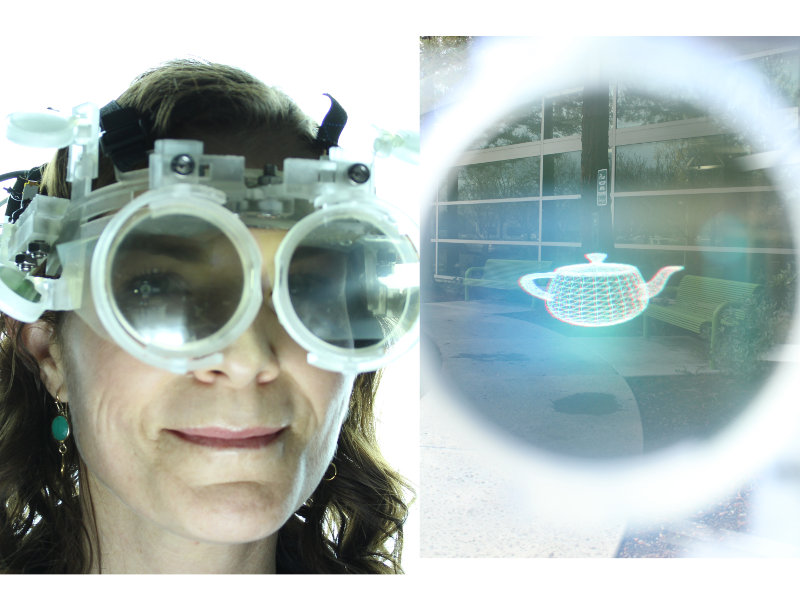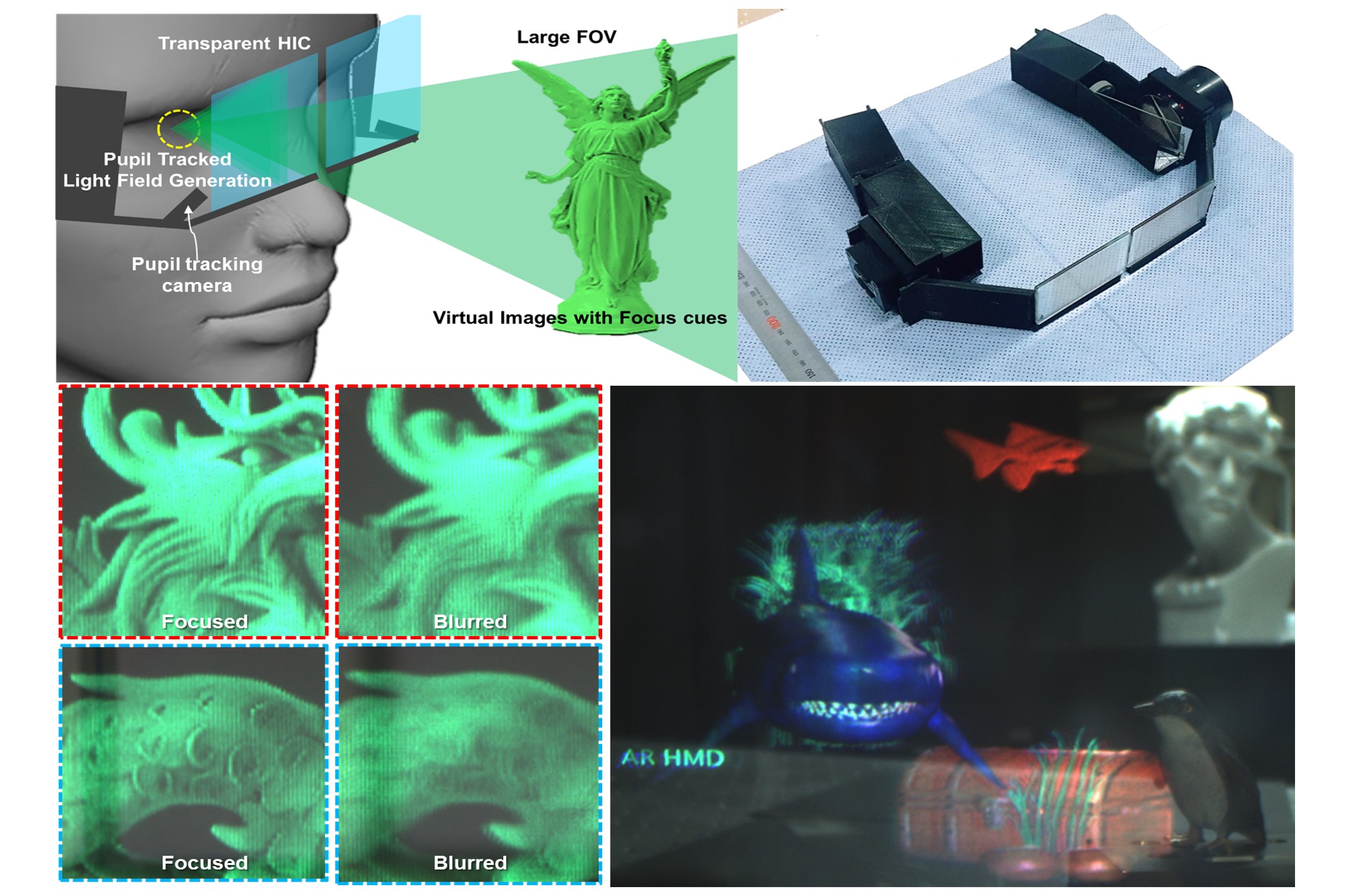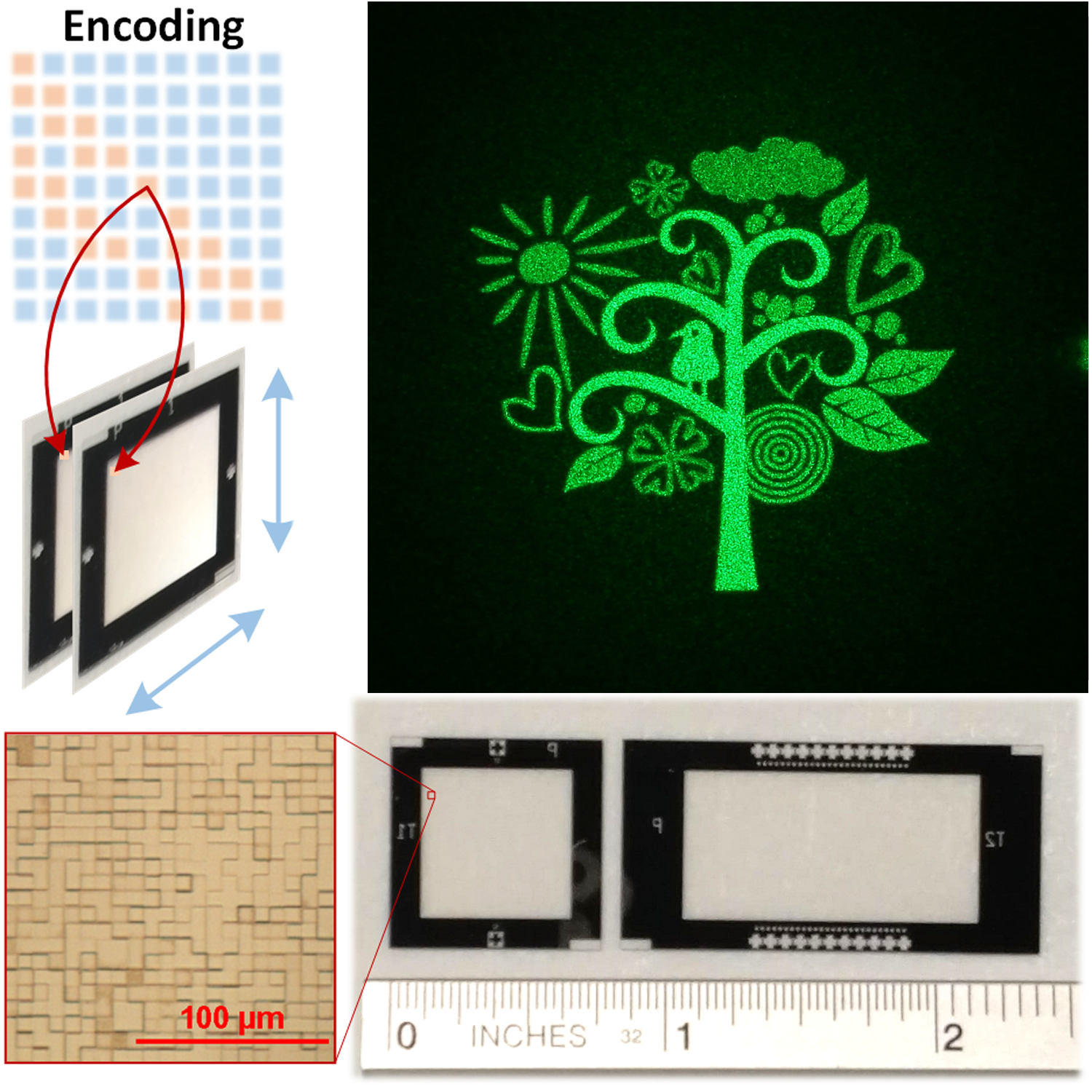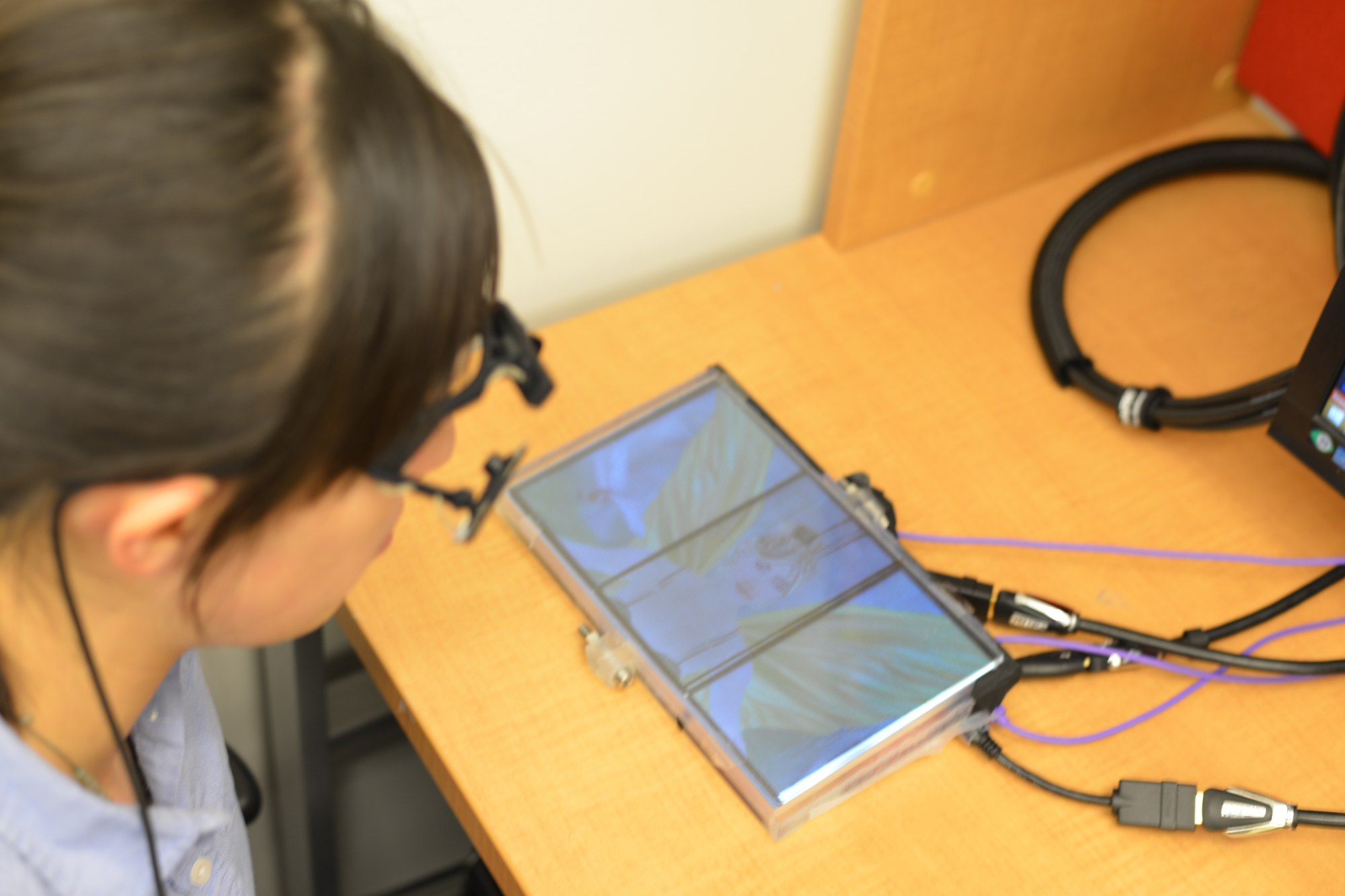 siggraph
siggraph
siggraph
siggraph
Displays
 Full Conference Pass
Full Conference Pass Full Conference 1-Day Pass
Full Conference 1-Day Pass
Date/Time: 28 November 2017, 04:15pm - 06:00pm
Venue: Amber 2
Location: Bangkok Int'l Trade & Exhibition Centre (BITEC)
Session Chair: Diego Gutierrez, University of Zaragoza, Spain
Near-Eye Varifocal Augmented Reality Display using See-Through Screens
Summary: We present a new optical design for see-through near-eye displays that is simple, compact, varifocal, and provides a wide field of view with clear peripheral vision and large eyebox. Key to this effort is a novel see-through rear-projection screen.
Author(s): Kaan Akşit, NVIDIA Corporation, NVIDIA Research, NVIDIA
Ward Lopes, NVIDIA Research, NVIDIA, NVIDIA Corporation
Jonghyun Kim, NVIDIA Corporation, NVIDIA, NVIDIA Research
Pete Shirley, NVIDIA Corporation, NVIDIA, NVIDIA Research
David Luebke, NVIDIA, NVIDIA Research, NVIDIA Corporation
Speaker(s): Kaan Akşit, Nvidia Corporation

Retinal 3D: Augmented Reality Near-Eye Display Via Pupil-Tracked Light Field Projection on Retina
Summary: Retinal 3D provides virtual images with focus cues by generating the localized light field on the pupil, to be directly projected on the retina. Pupil tracked light field generation reduces the needed information / computation load as well as provides the eye-box that overcomes drawback of retinal projection type displays.
Author(s): Changwon Jang, Seoul National University
Kiseung Bang, Seoul National University
Seokil Moon, Seoul National University
Jonghyun Kim, Seoul National University
Seungjae Lee, Seoul National University
Byoungho Lee, Seoul National University
Speaker(s): Changwon Jang, Seoul National University

Mix-and-Match Holography
Summary: We computationally design pairs of diffractive optical elements that encode multiple holograms or target images under different geometric alignments or DOE pairings. By changing the geometric alignment or pairing different DOEs, the individual encoded holograms can be de-multiplexed, further led to the corresponding target images with per-determined illumination.
Author(s): Yifan Peng, Department Of Computer Science, University Of British Columbia
Xiong Dun, King Abdullah University Of Science And Technology (KAUST)
Qilin Sun, King Abdullah University Of Science And Technology (KAUST)
Wolfgang Heidrich, King Abdullah University Of Science And Technology (KAUST)
Speaker(s): Yifan Peng, The University of British Columbia

Perceptually-Guided Foveation for Light Field Displays
Summary: We present a 4D light field sampling and rendering system that can support both foveation and accommodation to reduce rendering cost while maintaining perceptual quality and comfort.
Author(s): Qi Sun, NVIDIA Research, Stony Brook University
Fu-Chung Huang, NVIDIA Research
Joohwan Kim, NVIDIA Research
Li-Yi Wei, The University of Hong Kong
David Luebke, NVIDIA Research
Arie Kaufman, Stony Brook University
Speaker(s): Jonash Huang, NVIDIA Research


